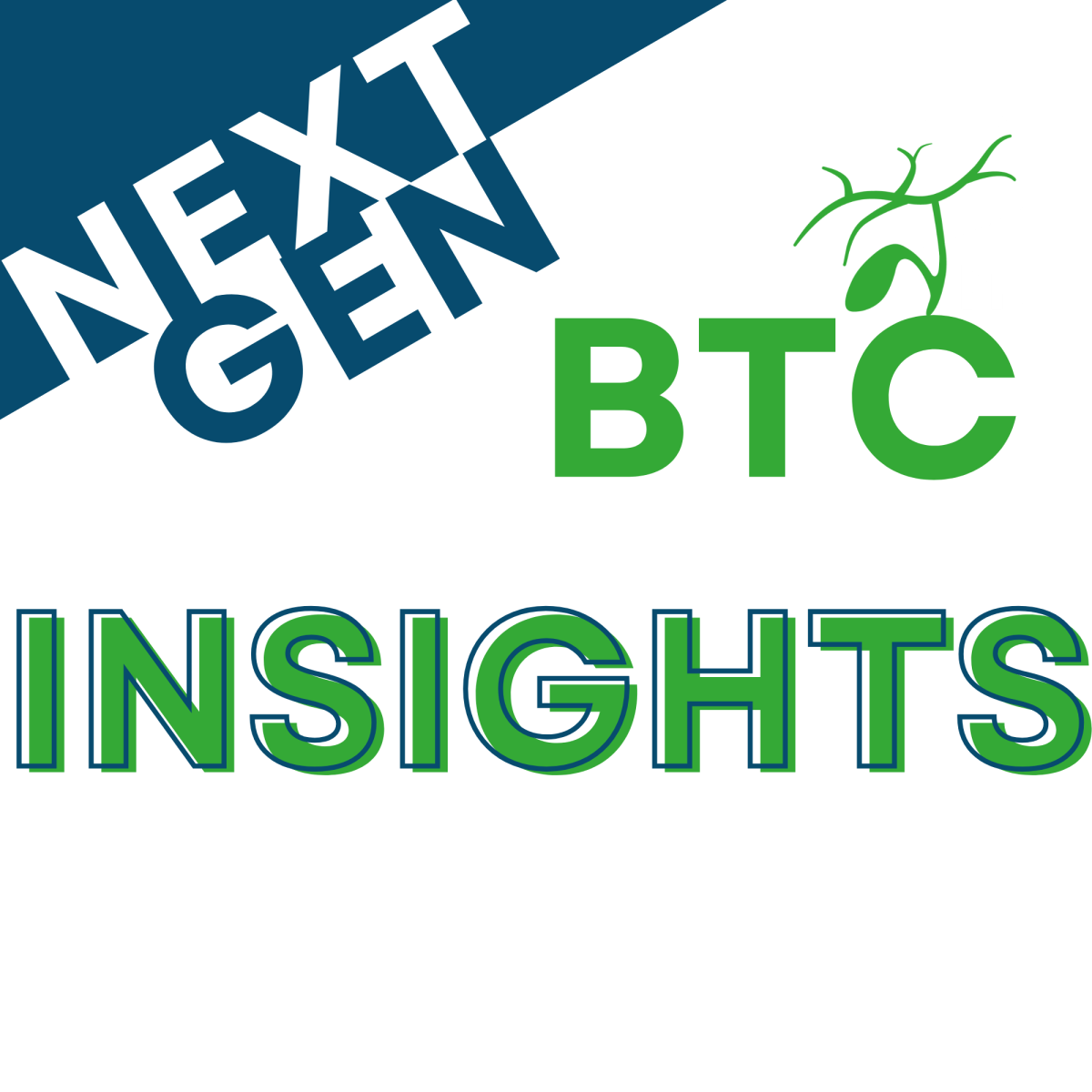
World Cholangiocarcinoma Day: Why Should Young Investigators Care?
Every year, World Cholangiocarcinoma Day raises awareness about one of the most challenging and underrecognized cancers—cholangiocarcinoma (CCA), a type of biliary tract cancer (BTC). While it may not be as widely known as other cancers, CCA represents a critical area of research and innovation, requiring fresh perspectives and novel solutions.
Why Should You Care?
If you’re an early-career researcher, clinician, or innovator, you might be wondering: Why should I focus on CCA? Here are some compelling reasons:
Unmet Needs – CCA has limited treatment options, and early detection remains rare. Young minds can drive innovation in research, diagnostics, and therapeutic development, offering new hope for patients.
Interdisciplinary Challenges – BTC research spans multiple fields, from genomics and molecular biology to AI-driven diagnostics, preclinical drug discovery for personalized treatments, and clinical interventions. Whether you’re a data scientist, biologist, clinician, or a member of a patient association, your expertise and experience can make a real difference.
Global Impact – BTC affects patients worldwide, with some regions experiencing higher incidence rates. Addressing BTC requires international collaboration, where young scientists and innovators play a key role in shaping the future of the field.
Career Growth – Being part of a niche research area provides opportunities to lead impactful projects, collaborate with top experts, and build a strong professional network that will support your long-term career development.
Join the Movement!
This World Cholangiocarcinoma Day, we invite YOU to get involved and take an active role in the Precision-BTC COST Action and join the NextGen BTC Group. Whether you're working in basic science, clinical research, bioinformatics, innovation, or belong to patients’ association your ideas matter and can help shape the future of BTC research and treatment.
Question for NextGen BTC Core Members:
"As a young investigator in BTC, what motivates you to work in this field, and what impact do you hope to achieve?"
Marta
My journey began with a deep interest in studying the role of cell death in chronic liver disease and its progression to more severe stages. Naturally, the next step was to investigate liver cancer. This path took on a profound urgency when both a relative and someone close to me were diagnosed with cholangiocarcinoma. Suddenly, it was no longer just scientific curiosity—it became personal, urgent, and impossible to ignore.
This turning point gave my research new purpose: to focus on established cancers, particularly cholangiocarcinoma, by studying its pathogenesis and contributing to the development of new therapeutic strategies.
As a pharmacist by training, my ultimate aspiration is to make a meaningful impact in drug discovery. Every experiment, every question, and every collaboration bring me closer to that goal. Science is about discovery, but for me, it’s also about making a tangible difference—because behind every data point, there’s a patient and a family hoping for a breakthrough.
And I truly believe that together, we can go further and faster!
André
My academic journey has been driven by a deep curiosity about the molecular mechanisms underlying liver diseases. I have dedicated my research to understanding the role of miRNAs and, more recently, extracellular vesicles in disease progression and their potential as biomarkers.
Cholangiocarcinoma is often a silent disease, progressing unnoticed until it is too late. This reality has fueled my determination to contribute to the development of more accurate, reliable, and early diagnostic strategies. I truly believe that such advancements could significantly shape future therapeutic approaches, ultimately improving patient survival and quality of life.
However, meaningful progress is never achieved alone. Being part of this COST Action allows me to collaborate with leading experts in cholangiocarcinoma research, amplifying the potential impact of our collective efforts. Even the smallest contribution matters—because at the heart of science, the goal is simple: to make a difference in the lives of those who need it most.
Savino
As a young investigator in the field of Cholangiocarcinoma and personalized therapies, my motivation stems from a deep commitment to advancing scientific understanding and conveying the multifaceted challenges faced in healthcare. The potential of biotechnology to revolutionize medical treatments and improve patient outcomes is a powerful driving force for me. I am particularly inspired by the opportunity to contribute to the development of novel therapies, personalized medicine, and innovative diagnostic techniques that can significantly enhance healthcare delivery.
In terms of impact, my purpose is to contribute meaningfully to both the scientific community and society at large. I hope to engage in research that not only advances the fundamental knowledge of cellular and molecular biology but also has real-world applications that lead to improved therapeutic strategies. By bridging the gap between laboratory discoveries and clinical practices, I aspire to steer innovations that will improve patient care, inform evidence-based policy decisions, and ultimately contribute to the well-being of individuals globally.
In this, Cost Action plays a unique role in weaving social and collaborative networks between expert scientists around the world!
And remember: Felix qui potuit rerum cognoscere causas!
Maitane
I started researching cholangiocarcinoma (CCA) by chance when I chose it as the main topic for my Master’s thesis. I was struck by the fact that, despite being a serious global health issue with limited treatment options, I had never heard of it before. Since then, I’m determined to contribute to overcome this challenge of medicine through translational research. Thus, my research has focused on understanding the molecular mechanisms of chemoresistance, with the goal of developing strategies to overcome this major barrier in the treatment of biliary tract cancer (BTC).
However, scientific progress is never an individual effort. Being part of a network of experts committed to raising awareness and advancing BTC research is, in my view, the most effective way to drive innovation and improve patient outcomes.
Massimiliano
During my residency in medical oncology, above all, I was struck and disturbed by the bleak outlook of patients with cholangiocarcinoma.
Despite this, I was surprised to find it as a poorly studied and poorly understood condition.
I felt frustrated but at the same time this stimulated me to work hard to contribute to improve the knowledge of the disease together with patients' outcome.
Luckily, I am surrounded by an amazing community of professionals with whom I share the same goal to be achieved: to get the cure of cholangiocarcinoma closer.
Andrés
My journey into biliary tract cancer research started during my PhD, where I focused on understanding how inflammation, fibrosis, and cancer progression interact. What motivates me the most is the pressing need for improved diagnostic tools and targeted therapies for patients battling this disease. Early detection continues to be a significant hurdle, and I am dedicated to creating innovative nanosystems that could aid in identifying biliary tract cancer at its earliest stages.
Outside the lab, I firmly believe that collaboration is essential for meaningful progress. By bringing together researchers from various fields, we can speed up discoveries and turn them into real-world applications. Through the NextGen BTC Group, I hope to contribute to building a strong network of young investigators united by a shared mission to drive advancements in BTC research and improve patient outcomes.
Ibrahim
My journey into cholangiocarcinoma (CCA) research is driven by a passion for leveraging technology to tackle complex medical challenges. As an engineer specializing in machine learning, data visualization, and image processing, I see immense potential in applying these tools to enhance early detection, improve diagnostics, and optimize treatment strategies for CCA.
Cholangiocarcinoma is a notoriously challenging disease, often diagnosed at late stages due to a lack of effective screening methods. Machine learning algorithms can revolutionize this by analyzing vast datasets, identifying hidden patterns, and developing predictive models that aid in early diagnosis. Image processing techniques can refine radiological assessments, increasing accuracy and reducing diagnostic uncertainty. Meanwhile, advanced data visualization can transform complex biological and clinical data into intuitive representations, enabling researchers and clinicians to make more informed decisions.
The interdisciplinary nature of BTC research is what excites me the most. Collaborating with clinicians, biologists, and data scientists within the Precision-BTC COST Action offers an opportunity to integrate technological advancements with medical expertise, pushing the boundaries of what’s possible in cancer research. By bridging these fields, I aim to contribute to the development of AI-driven diagnostic tools and decision-support systems that can make a tangible impact on patient outcomes.
Innovation thrives in collaboration, and together, we can accelerate progress in BTC research—bringing us closer to more effective treatments and, ultimately, a cure.


